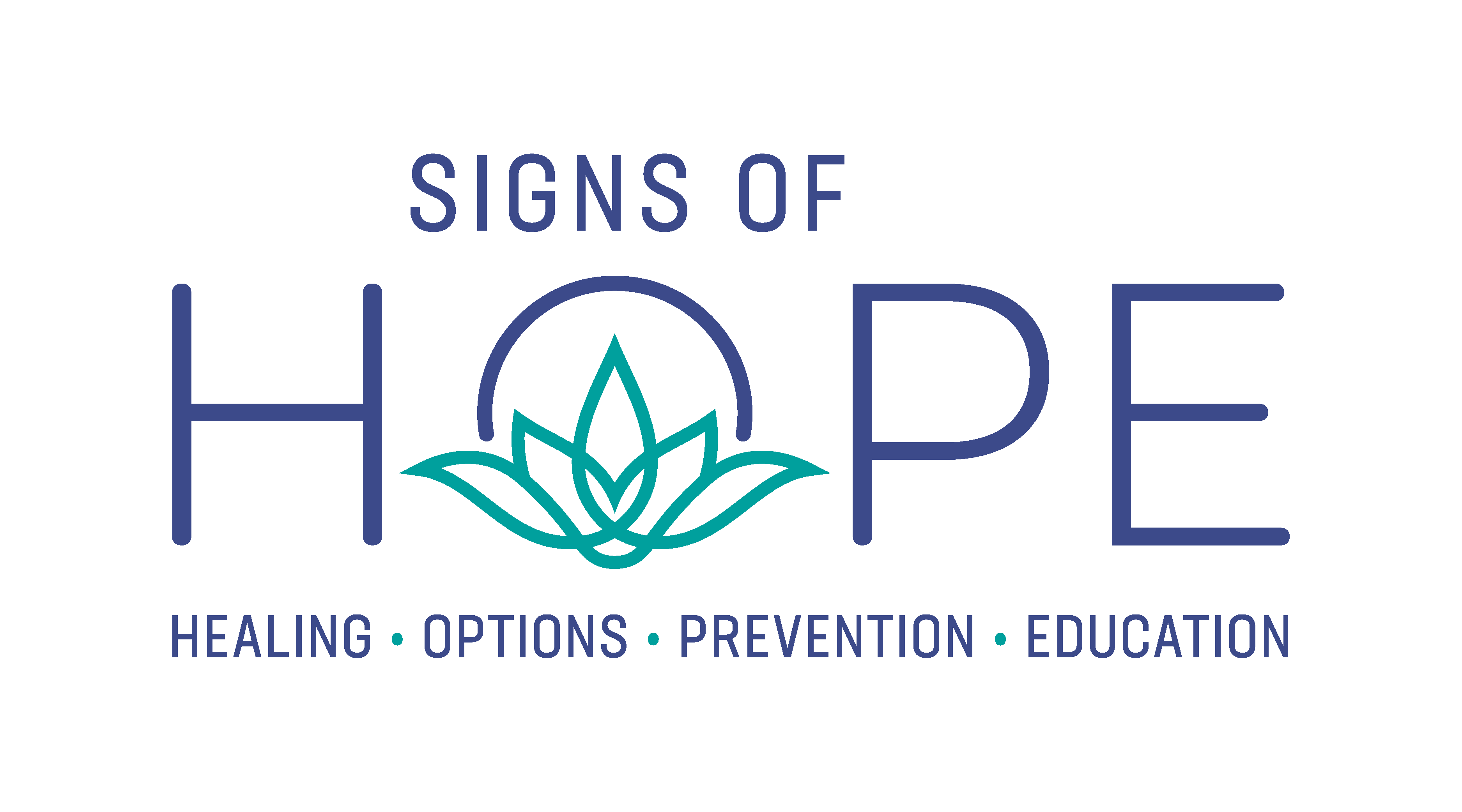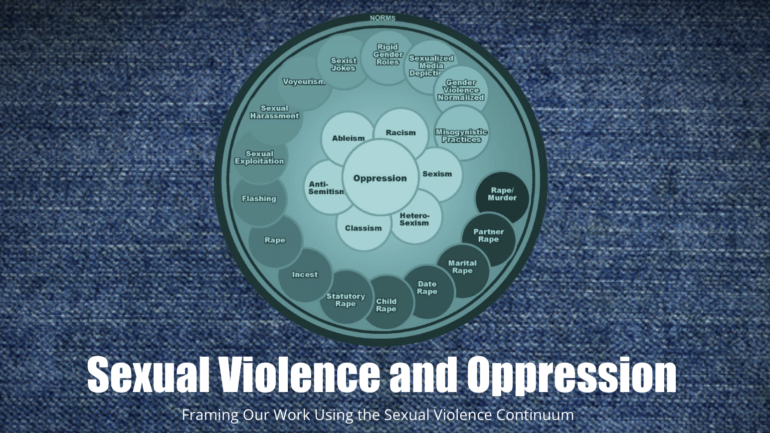Over the years, Signs of Hope has made it a priority to expand our counseling services. In less than a decade the Signs of Hope Counseling Center has grown from 2 counselors to 10. Appointments for individual counseling are available 6 days a week and we have 6 active support groups, with more in the works.
One of the most important parts of this expansion has been ensuring that access to services is being increased for everyone. The varied experience and expertise of our counseling staff means that support is available in multiple languages, to people of all ages and all gender identities.
The latest step in this process has been Carolina Villar-Mendez increasing her hours to full time in September, allowing her to provide more one-on-one counseling appointments and help expand our support groups, all in Spanish! For this month’s blog post, Carolina shares some of her insights about the importance of guaranteeing access to services for the Spanish-speaking community.
Carolina identifies as a Mexican-American, cisgender female, and uses she/her pronouns. She has a Masters in Clinical Psychology from UNLV, and has been licensed as a clinical professional since June 2013. Before joining the staff of Signs of Hope, she worked at Student Counseling and Psychological services at UNLV for 11 years.
Now, working with SOH, Carolina is finding that the Spanish-speaking community here in Las Vegas is simply not getting the services they need. Demand is high; mental health issues like anxiety, depression, trauma, eating disorders, racial trauma, etc. are present for Spanish-speakers just like they are for everyone else. In order for these clients to feel comfortable and fully understood, they need access to care providers who speak the language.
It is not only the practical need for accessible services that contributed to Carolina’s decision to go full time with SOH, “I think we are lacking compassion as a whole in our society for the ‘other’. Sometimes people are misunderstood, and we are not able to put ourselves in others’ positions to understand what they are going through. A language barrier creates another layer. It’s so essential for people to have more compassion and understanding for others”.
The current circumstances have only deepened the need for services, and collective compassion. The Spanish-speaking community is facing the same uncertainty and helplessness in the face of covid as everyone else, but with the added burden of being denied equal access to covid-specific government assistance. Looking through the lens of her work at SOH, Carolina notes that covid is exacerbating existing trauma, and many people in the community are in crisis due to the added anxiety.
Adapting to telehealth tools during this time has had a somewhat mixed impact on accessibility. On one hand, not everyone has the hardware or technological know-how to use it easily. “There are still some clients who have concerns. Will it be possible to feel connected? Will I be able to understand how to operate the technology?” But the change has come with some good too, “clients that are not able to come to our offices due to the circumstances with covid or the lack of transportation or having to care for children at home. Now we’re close as the click of a button”.
Carolina’s increased hours have already made it possible for her to offer more one-on-one counseling appointments. She is taking the lead on reviving a support group for female-identified survivors. There are also plans for her to open up a 2nd weekly support group for parents of survivors, the most attended group at SOH. All of these expanded services will be provided in Spanish.
Of the change in her schedule, Carolina says, “I am very excited to give more of my time. I’m looking forward to bringing mindfulness-based cognitive therapy to individuals and groups, because it’s a research based method that can be so effective for trauma.”




